Nature reports
Publisher: Dutch Caribbean Nature Alliance (DCNA)
Page 3 of 11 - 102 Results
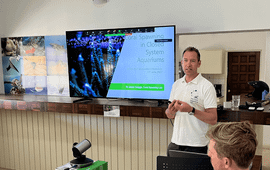
During the DCNA Reef Restoration Workshop, Dr. Jamie Craggs presented an overview of reproduction in corals, focusing on the methods and benefits of inducing coral spawning in closed system aquariums on land. His presentation..
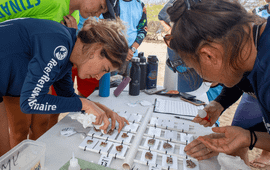
This week, the Dutch Caribbean Nature Alliance hosted a reef restoration workshop on Bonaire, bringing together over twenty experts in coral reef restoration. The event featured both in-person and virtual presentations, attracting..
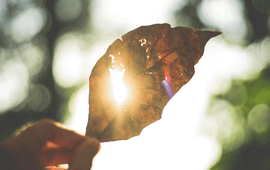
The University of Aruba and Utrecht University recently published their 2024 collection of research papers addressing challenges faced in Aruba. One hot topic this year was presented by Shanisse Franken, concerns how urbanization..
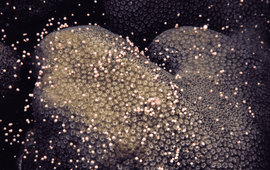
The Dutch Caribbean Nature Alliance (DCNA) is excited to announce the upcoming Reef Restoration Workshop, happening from June 17 to 19, at its office on Bonaire. This event will unite stakeholders, experts, and practitioners from..
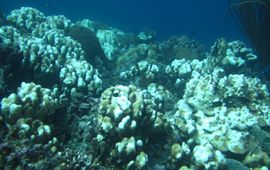
The world is currently experiencing a widespread coral bleaching event, the second global bleaching event of the decade, which experts from the National Oceanic and Atmospheric Administration (NOAA) and International Coral Reef..
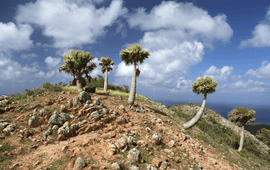
Recent genetic studies on the Dutch Caribbean native palm species, specifically Sabal antillensis in Curaçao and Sabal lougheediana in Bonaire, have provided crucial insights that confirm these two species are endemic for their..
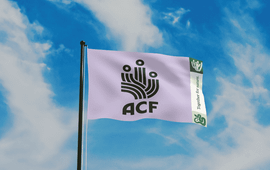
On Arpil 22nd, the independent nature conservation organization formerly known as Fundacion Parke Nacional Aruba (FPNA) used the occasion of global Earth Day to reveal its transformation to the Aruba Conservation Foundation..
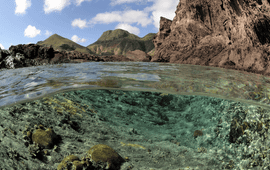
The Saba Bank National Park was recently the focus of an innovative habitat mapping study. Mapping habitat types is key for environmental management, conservation and research efforts, as well as understanding long-term changes...
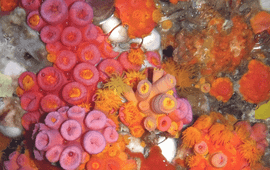
Coral ecosystems are susceptible to invasive species, that can wreak havoc on the balanced communities. Such species can be transported unintentionally by marine structures, as is demonstrated by research on a platform which was..
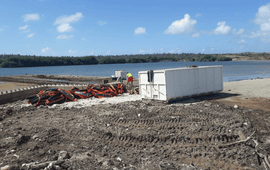
An offshore oil spill originating off the coast of Tobago has made its unwelcome arrival on the shores of the Dutch Caribbean. Despite oil reaching Bonaire’s and Curaçao’s coast, the islands seem, fortunately, to have escaped a..
